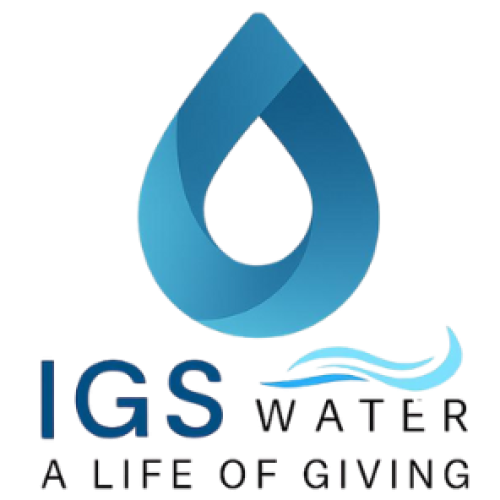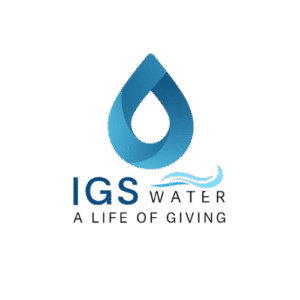Shrimp farming has become one of the fastest-growing aquaculture industries worldwide. While it offers high economic value, shrimp farmers often face recurring challenges that directly impact production, profitability, and sustainability. Poor water quality, high mortality rates, and disease outbreaks are some of the most pressing issues in shrimp aquaculture today.
At IGS Water, we provide advanced water treatment technologies that help shrimp farmers overcome these challenges and create healthier, more productive systems.
The Challenges Shrimp Farmers Face
- Low Dissolved Oxygen (DO)
Shrimp are highly sensitive to oxygen levels. Poor DO in ponds often leads to stress, slower growth, and higher mortality rates. - Disease Outbreaks
Bacterial and viral diseases spread quickly in crowded or poorly managed ponds, resulting in significant stock losses. - Algae Blooms and Water Quality Fluctuations
Excessive nutrients and stagnant water encourage algae growth, which can cause oxygen crashes at night and create toxic conditions for shrimp. - Sludge and Waste Accumulation
Uneaten feed and shrimp waste build up at the pond bottom, producing harmful gases like ammonia and hydrogen sulfide that weaken shrimp health.
How IGS Water Provides the Solution
IGS Water offers innovative, chemical-free technologies designed to improve shrimp pond environments and support healthier production:
- Nanobubble Technology
Our nanobubble generators infuse water with ultra-fine oxygen bubbles that dramatically increase dissolved oxygen levels. Unlike traditional aeration, nanobubbles stay in the water longer, spreading oxygen evenly throughout the pond and reducing stress on shrimp. - Aeration & Water Circulation Systems
Our pond aeration systems prevent stagnation, improve water mixing, and help control harmful algae growth, creating a more stable pond ecosystem. - Enhanced Waste Breakdown
By boosting oxygen distribution, nanobubbles accelerate the natural breakdown of organic waste and sludge, reducing harmful gases and improving overall pond health. - Disease Prevention
Improved water quality strengthens shrimp immune systems, making them less vulnerable to common bacterial and viral outbreaks.
Long-Term Benefits for Shrimp Farmers
By integrating IGS Water solutions, shrimp farmers can expect:
- Higher survival rates and healthier stock
- Faster shrimp growth and improved yields
- Reduced feed costs due to less stress and better feed conversion
- Lower risk of sudden die-offs and water crashes
- More sustainable and profitable farming practices
Partner with IGS Water
Shrimp farming doesn’t have to mean constant struggles with water quality and disease. With the right technology, farmers can take control of their ponds, reduce losses, and achieve consistent results.
At IGS Water, we’re committed to helping shrimp farmers succeed with sustainable, chemical-free solutions that improve both productivity and water health.
Contact us today to learn more about how we can support your shrimp farming operations.

